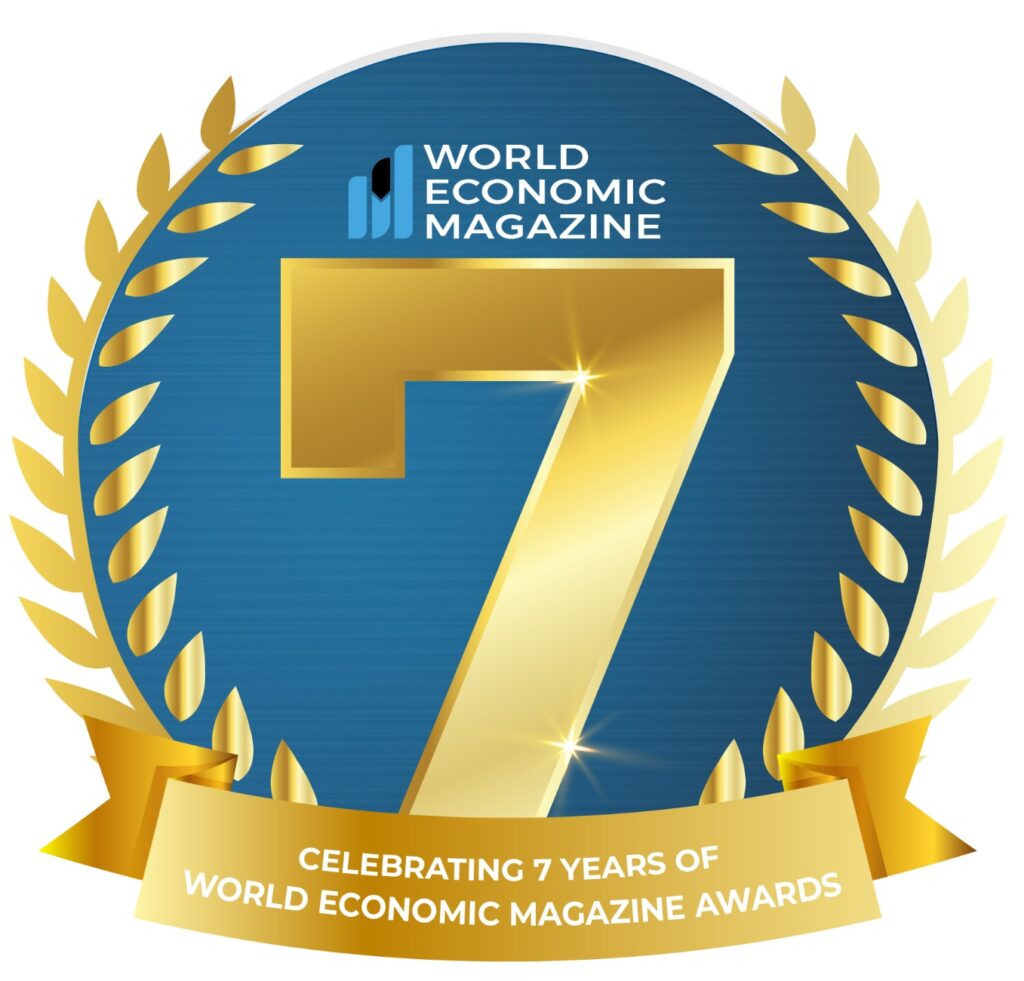

Trump’s Anti-Globalism Puts America’s Long-Term Security at Risk
In today’s rapidly changing world, America’s strength lies not just in its economic or military might, but in its alliances, moral leadership, and commitment to global cooperation. Yet under the leadership of former President Donald Trump, the United States adopted a starkly different course—one marked by nationalist rhetoric, isolationist policy shifts, and a growing distrust of international institutions. This anti-globalist stance, while branded as putting “America First,” may actually undermine the very safety and influence it claims to protect.
The Globalist Vision: A History of American Strength Through Partnership
To understand what is at stake, it’s essential to look at America’s history. Since the founding days of the republic, our nation has built strategic and moral alliances with other countries. From France’s support during the Revolutionary War to the transatlantic cooperation during the World Wars, America has not stood alone. Rather, it has forged deep bonds with allies such as the United Kingdom, Germany, Japan, and others—contributing not only to global stability but to our own national security.
The post-WWII era exemplified this. The creation of institutions like NATO and the United Nations, often labeled as globalist frameworks, were not acts of weakness but of vision. These efforts were driven by a belief that global peace and prosperity would benefit everyone—including the United States. And history has proven this correct.
Nationalism and the Decline of American Soft Power
The Trump administration’s approach to foreign affairs disrupted this tradition. By repeatedly questioning America’s commitment to NATO, cutting funding to the World Health Organization, and withdrawing from global agreements like the Paris Climate Accord, the United States sent a clear signal: it was retreating from its role as a global leader.
But global leadership is not just about military alliances or trade agreements. It is also about soft power—America’s ability to influence the world through diplomacy, culture, humanitarian aid, and the promotion of democratic values. Programs run by the United States Agency for International Development (USAID), for instance, have saved millions of lives through health initiatives, poverty reduction, and disaster relief. These efforts have not only alleviated human suffering but also built goodwill that enhances U.S. security in the long term.
When such initiatives are slashed or ignored—as they were under Trump—America loses a key part of its global influence. It risks becoming perceived not as a leader or liberator, but as a self-interested actor unconcerned with the world’s most pressing challenges.
Globalism and American Values: Not Mutually Exclusive
Some critics of globalism argue that caring for international concerns undermines American sovereignty or distracts from domestic needs. However, global engagement does not mean neglecting national interests. On the contrary, it often reinforces them. For instance, supporting emerging democracies and helping stabilize conflict-prone regions reduces the likelihood of global instability, refugee crises, or international terrorism—all of which can have direct impacts on American safety.
The view that one must choose between helping Americans or helping the world is a false dichotomy. As people of diverse backgrounds and shared values, Americans have always looked beyond borders—whether through missionary work, Peace Corps service, military alliances, or international commerce.
The Disturbing Use of “Globalist” as a Dog Whistle
Unfortunately, the term “globalist” has been weaponized in recent years, particularly in far-right political rhetoric. In some circles, it has even taken on antisemitic connotations, suggesting a shadowy international elite that undermines national identity. This is not only historically inaccurate—it’s dangerous.
Jewish Americans, among others, have played vital roles in shaping the United States in fields like science, education, business, and civil rights. Their global connections have been a source of strength, not weakness. Furthermore, America’s power lies in its diversity. It is a nation built by immigrants, enriched by multiculturalism, and propelled by innovation from all corners of the globe.
Faith, Morality, and the Global Community
From a faith perspective, global compassion is not a liability—it is a moral imperative. Many religious traditions, including Christianity, teach love for all people regardless of borders. “For God so loved the world…” is not a nationalistic slogan; it’s a universal calling. That spirit has guided generations of American missionaries, aid workers, and peace advocates.
Even Pope Leo XIV, the first American Pope (formerly Robert Francis Prevost), stands as a living symbol of global outreach and compassion. His career in Peru and commitment to social justice reflect the kind of globalism rooted in service, not dominance. His contrast with Trump-style nationalism speaks volumes about what kind of leadership truly serves humanity.
America’s Future: Leadership or Loneliness?
The choice facing America is not between strength and weakness, but between two kinds of strength. One is the strength of isolation—military buildup, closed borders, and transactional diplomacy. The other is the strength of engagement—building alliances, leading with values, and extending a helping hand.
Only one of these paths ensures long-term safety, stability, and prosperity. The world is increasingly interconnected. Pandemics, climate change, economic disruption, and war do not respect national borders. Retreating from global engagement will not shield America from global challenges—it will leave us more vulnerable to them.
Final Thoughts
The anti-globalist movement that gained traction during the Trump administration may appeal to short-term emotions, but it ignores the deeper lessons of history, morality, and strategy. America has always been at its best when it looks outward—not with arrogance, but with empathy, cooperation, and resolve.
To preserve our national security and moral standing, we must reject isolationism and recommit to being responsible citizens of the world. That is the real “America First”—a nation strong enough to lead, and wise enough to care.




